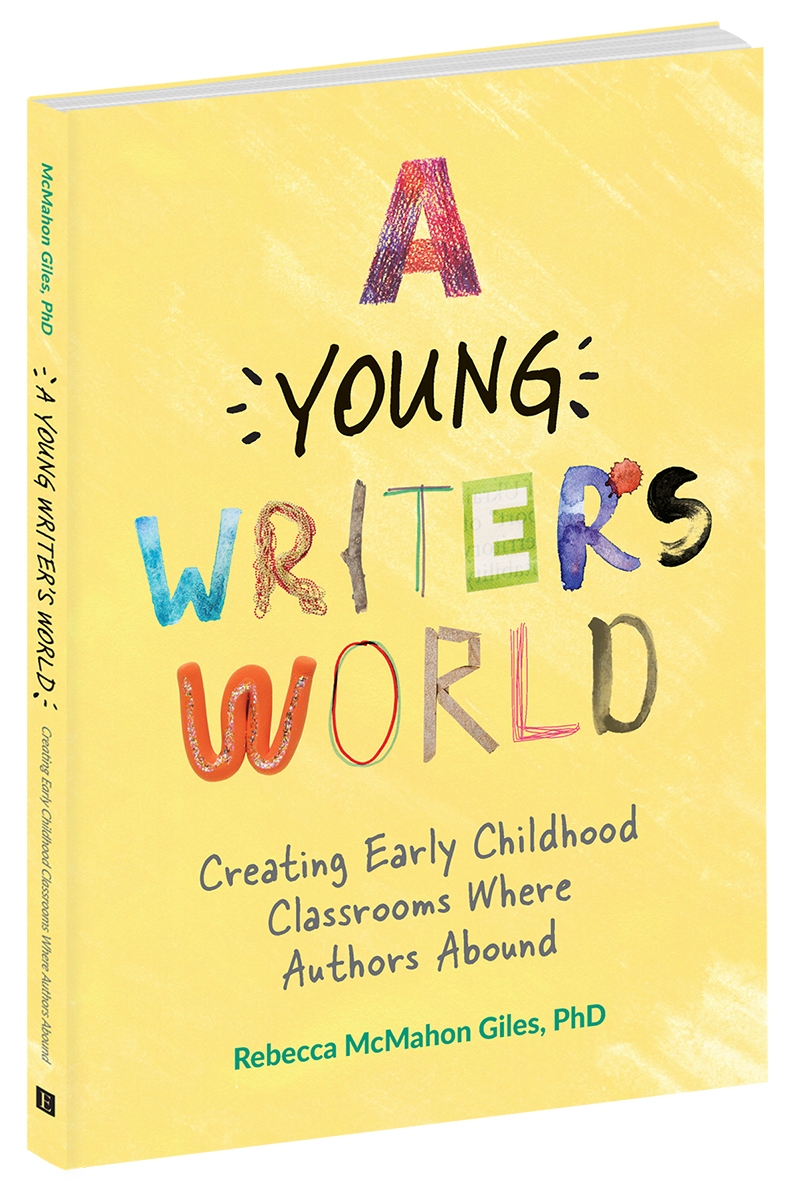ExchangeEveryDay Past Issues
 << Previous Issue
| View Past Issues | | Next Issue >>
<< Previous Issue
| View Past Issues | | Next Issue >> Value of Play-Based Classrooms
March 23, 2021
Asking teachers to follow scripted curriculum is like asking artists to paint by number.
-John Spencer
-John Spencer
“A number of well-controlled studies have compared the effects of academically oriented early education classrooms with those of play-based classrooms...,” wrote Peter Gray, Ph.D., in a Psychology Today article.
“The results are quite consistent from study to study: Early academic training somewhat increases children’s immediate scores on the specific tests that the training is aimed at (no surprise), but these initial gains wash out within 1 to 3 years and, at least in some studies, are eventually reversed. Perhaps more tragic than the lack of long-term academic advantage of early academic instruction is evidence that such instruction can produce long-term harm, especially in the realms of social and emotional development.”
In her popular book, A Young Writer’s World: Creating Early Childhood Classrooms Where Authors Abound, Rebecca McMahon Giles, Ph.D., explains how play-based activities best help young children develop the skills needed as they begin to experiment with writing. She provides these ideas:
“Offer Opportunities to Encourage Fine Motor Development
“The results are quite consistent from study to study: Early academic training somewhat increases children’s immediate scores on the specific tests that the training is aimed at (no surprise), but these initial gains wash out within 1 to 3 years and, at least in some studies, are eventually reversed. Perhaps more tragic than the lack of long-term academic advantage of early academic instruction is evidence that such instruction can produce long-term harm, especially in the realms of social and emotional development.”
In her popular book, A Young Writer’s World: Creating Early Childhood Classrooms Where Authors Abound, Rebecca McMahon Giles, Ph.D., explains how play-based activities best help young children develop the skills needed as they begin to experiment with writing. She provides these ideas:
“Offer Opportunities to Encourage Fine Motor Development
• Provide spray water bottles to care for plants or create sidewalk art.• Place child-safe tweezers or tongs, small malleable items (sponge pieces or pom-poms) and numbered sorting containers (ice cube trays or muffin tins) in the math center.• Provide spring-loaded clothespins in the housekeeping center to hang doll clothes and costumes or in the science center to sequence picture cards on a line.• Add small child-sized paper punches to the art center.• Provide small tops to spin in the fine motor area.• Display cards, coins, or buttons on the floor, and encourage children to turn them over.• Put a manual eggbeater in the water table to create bubbles with dish washing liquid.• Provide plastic eyedroppers for art projects or science experiments.• Place finger puppets in the library/listening center.”
Source: “Early Academic Training Produces Long-Term Harm:
Research reveals potential risks of academic preschools and kindergartens,” by Peter Gray, Ph.D., Psychology Today, May 5, 2015
Creating Early Childhood Classrooms to get this title for 10% off. |
ExchangeEveryDay
Delivered five days a week containing news, success stories, solutions, trend reports, and much more.
What is ExchangeEveryDay?
ExchangeEveryDay is the official electronic newsletter for Exchange Press. It is delivered five days a week containing news stories, success stories, solutions, trend reports, and much more.



Comments (2)
Displaying All 2 CommentsLincoln, NE, United States
Margaret,
John Spencer is an author of such books as Empower: What Happens When Students Own Their Own Learning.
Thank you for asking!
-Tiffany at Exchange
retired
State College, PA, United States
I love the quote about teaching with a scripted curriculum, and am curious to know who the John Spencer you attributed it to, is.
Margaret
Post a Comment